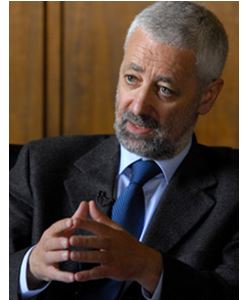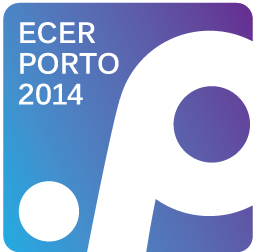What Is Educational Research For?
Thursday 4 September 14:00 - 15:00
Chairperson: John Benedicto Krejsler
Location: A101 (Keynote will be streamed to room B029)
Why do we need research in education? To think and to engage in multiple conversations.
To think, that is, to open new possibilities for thinking, to broaden the spectrum of our ways of thinking and talking about education.
To engage in multiple conversations, that is, to relate different “worlds” and perspectives through knowledge produced about education.
In this sense, education research needs to be understood as a provocation of thought and a place for dialogues.
“Devoted to the search for truth, we do not always reach it; if and when we arrive through analyses or equations, experiments or formal proofs, but also through experimentation, sometimes, and, when experimentation doesn’t get you there, let the story go there, if it can; if meditation fails, why not try narrative?” (Michel Serres).
More than engaging in a never-ending discussion about the “identity” of the educational research field or about methods and techniques, I believe that we should look at how research can enrich and enlighten our practices and discussions.
In this sense, we need to listen to the “warnings” addressed by authors such as David Labaree, when he ironically talks about the need for research “to be irrelevant, wrong and lazy”, or Isabelle Stengers, when she addresses a plea for “slow science”.
The point is to enrich, to deepen and to diversify our understanding of educational matters. There is no simple way to accomplish this intention. We can’t hope to reach a consensus on how to organize and to conduct research in education. But we can engage in an intellectual dialogue between different people and different perspectives.

ANTÓNIO NÓVOA is a full professor at the Institute of Education of the University of Lisbon. He has been Rector of the University of Lisbon between 2006 and 2013. He was awarded the Grand Cross of the Portuguese Order of Public Instruction in 2005. His work in History of Education and Comparative Education is being published in 15 countries. He has taught in Genève, Paris V, Wisconsin, Oxford and Columbia-New York. He was the main advisor for Education of the Portuguese President of the Republic (1996-1998), and he was the president of the International Standing Conference for the History of Education (2000-2003).
Some of his publications include: Fabricating Europe: the formation of an education space (with Martin Lawn, 2002), "Travelling, not arriving: an intellectual journey", Educators of the Mediterranean: Up Close and Personal (Ronald Sultana, ed., 2011), "Governing without governing – The formation of a European educational space", in The Routledge International Handbook of the Sociology of Education (Michael W. Apple, Stephen J. Ball & Luis Armando Gandin, eds., 2010).

